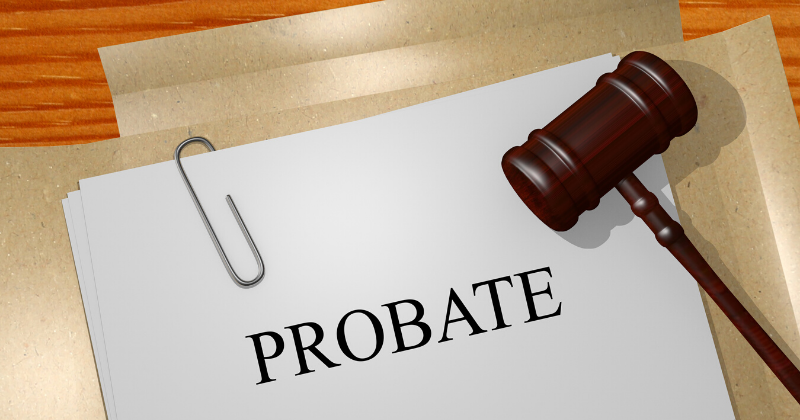
Probate is a legal process to ensure that the deceased’s will is valid and that any taxes and debts are paid and that the remaining assets are distributed in accordance with the law. In many situations, formal probate is required only if the assets solely owned by the deceased are valued at more than $100,000 and/or contain real estate. Generally, the person named as executor in the deceased person’s will is responsible for overseeing the probate. The estate executor must work with a probate attorney throughout the process as required by the Court. An experienced probate attorney can help ensure that all necessary steps are taken within the proper time frame.
If the deceased person did not leave a will, the court will appoint an administrator who will act as an executor.
Not every will goes through probate. Some people create an estate plan that uses living trusts and other tools to manage their assets and avoid going to probate.
Probate court and the process of settling an estate in Illinois takes at minimum 6 months and even years for complicated estates. The probate court process can be confusing and time-consuming. Many estate executors hire an experienced probate attorney to manage the probate course process and make sure the interests of the deceased and their heirs are protected.
Learn More:
An experienced probate attorney can help you manage the probate legal process. To talk to a Cook and DuPage County Illinois attorney, contact the Estate & Probate Legal Group in Lombard Illinois at (630) 800-0112.